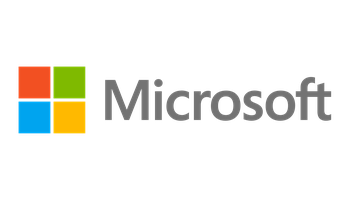
Microsoft has been working to bridge the data divide since 2020, with the aim of increasing the publication and use of open data. The ODI has partnered with Microsoft over the last few years to support the aim of opening up and sharing more data, to unlock value, share expertise and make data more useful for all. In the fourth year of our partnership with Microsoft, we are investigating how new conversational generative AI tools can support bridging the data divide by enabling access to data.
On the 29th of February 2024, we ran an in-person workshop in collaboration with Microsoft Research and King’s College London to explore how free generative AI tools could be used by people working in civil service and the third sector to enhance their work with data. The 15 participants came from a wide range of charities and government departments and each had varying levels of confidence with regards to working with data.
In the morning session, participants were tasked with using chatbots (Google’s Gemini and Microsoft’s Copilot) for dataset discovery, while in the afternoon session, they were provided with a dataset and asked to complete exercises in data visualisation, statistical analysis, and data engineering using the chatbots as assistants. Although the focus of the workshop was on free, easy to access tools that organisations like charities could adopt, some participants were able to use their own premium versions of tools (like ChatGPT-4) or laptops provided by Microsoft Research that contained early access versions of Co-Pilot for Microsoft Excel.
The discussions participants had during the workshop were rich with information about the ways they understood their interactions with the generative AI tools. Participants felt they required a high baseline familiarity with subject matters they wanted to talk about with the chatbots. Those who were new to generative AI tools recognised the need to learn prompting as a skill to maximise the benefits of these tools in the future, and were able to pick up some best practice during the session. Finally, participants noted that the ways they work will drastically change as generative AI gets further developed and more accessible, but they will need to adapt themselves in order to get the best out of it.
This report contains discussion on these findings and more, as well as prompting guidance based on the findings of the workshop.
If you’d like to learn more about our partnership with Microsoft and our work on generative AI to bridge the digital divide, please get in touch at [email protected].


